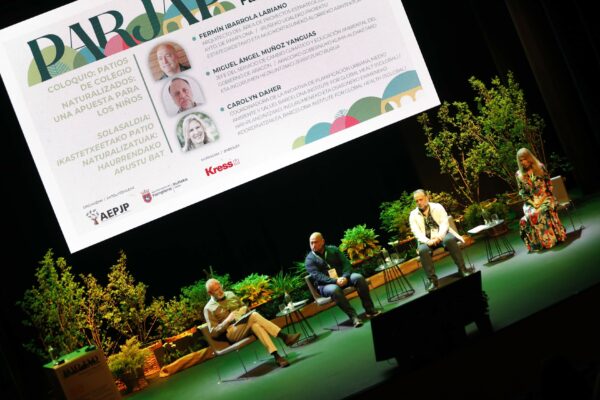
At the 50th National Congress of Public Parks and Gardens we vindicated natural elements as the example to follow
With Nature-Based Solutions as a roadmap, the PARJAP Congress was held in Pamplona
Last May the fiftieth edition of the National Congress of Public Parks and Gardens was held in Pamplona, a meeting sponsored by the AEPJP (the Spanish Association of Public Parks and Gardens). This entity represents and brings together all the workers, researchers, experts and public representatives who work in relation to what they call “green infrastructures”. That is, the landscaped and parked areas in our national soil.
On this occasion, the main focus of the meeting was on Nature-Based Solutions, and the need to start working on them from the soil ecosystem itself was highlighted.
The ground we walk on: how to create cities that absorb water to create habitable spaces
Pedro Miguel Guerrero, ambassador of the Climate Pact of the European Union and researcher of the Chair of Climate Change at the University of Malaga, is also a member of the todobarro family, leading the team in eco-climatic research and innovation in our work.
He attended the congress with a very clear proposal to improve the livability of urban spaces: to rethink the whole model of water management we have in our cities.
Currently, our streets and public spaces are designed to channel water and carry it to the sewage system, which in turn carries it to rivers and seas. This model presents a myriad of problems. On the one hand, these waters often carry with them all kinds of polluting urban waste and debris. On the other hand, they show that the urban planning model used in many places gives absolute priority to private vehicles (i.e. cars) rather than to people and nature.
Pedro’s bet, as he told in the PARJAP congress, and to Spanish journal eldiario.es, is to create “sponge cities” that instead of being waterproofed, re-absorb water. The idea of “islands of comfort” is currently becoming popular, but Pedro advocates rethinking and questioning this concept, towards the notion of making the entire urban territory habitable.
Applying the principles of bioclimatic architecture to create child-friendly cities
To make cities livable places after the devastating effects of climate change, we need to “gradually increase vegetation”, says Pedro. This requires not only landscaped areas and parks, but also the integration of green spaces into the urbanization of the architectural system itself.
In other words, we have to rethink the way we work with the very foundations of architecture. It is not just about the design of the urban street map, but about the design of the buildings themselves and public areas in general. We must banish gray infrastructure, leaving behind the obsession with waterproofing cities.
To this end, it will be essential to start using materials that tolerate its coexistence with vegetation and water flows (and yes, terracotta is one of them). But Pedro also proposes to work with the respect to children’s urbanistic needs as a compass. By adapting cities to the needs of children, we are also making sure that we are adapting them for everyone else: vulnerable groups, the elderly, people in situations of exclusion who do not have their own vehicle…
Once we put the focus on the soil, everything else follows. If we can make water find its way back into its natural circulation system, instead of it ending up at the sewer outfall, polluting rivers and seas, we will collectively be forced to redesign the whole system (which, for anyone not paying attention, is not working).
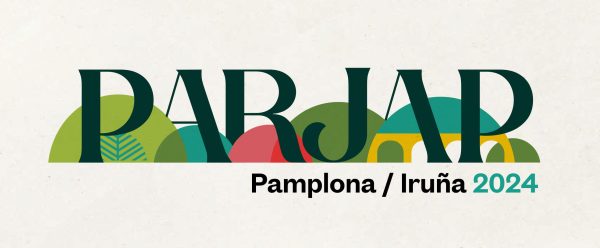
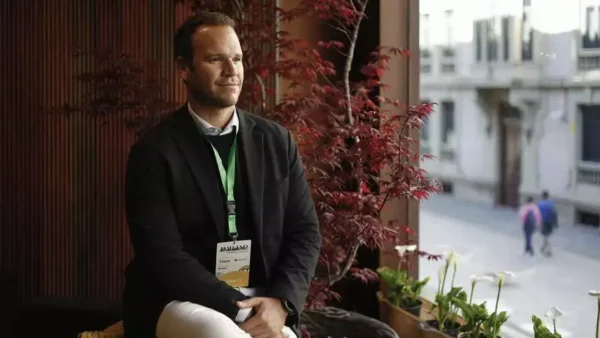
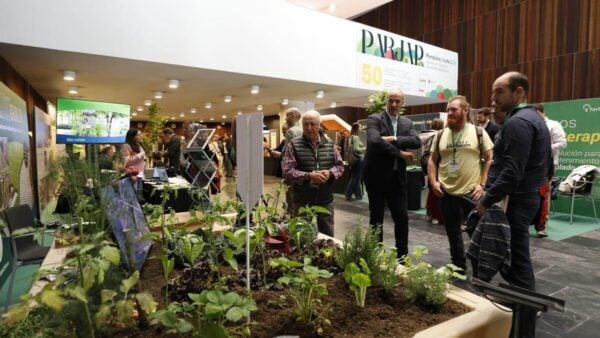
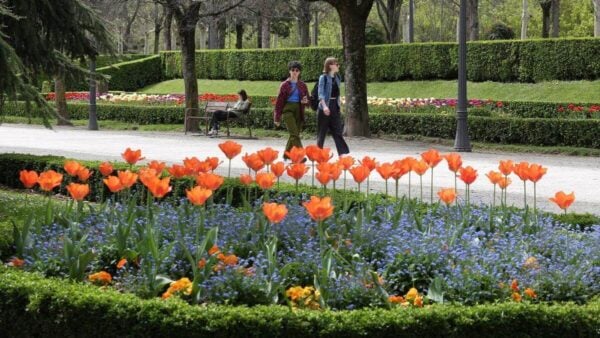
Top stories
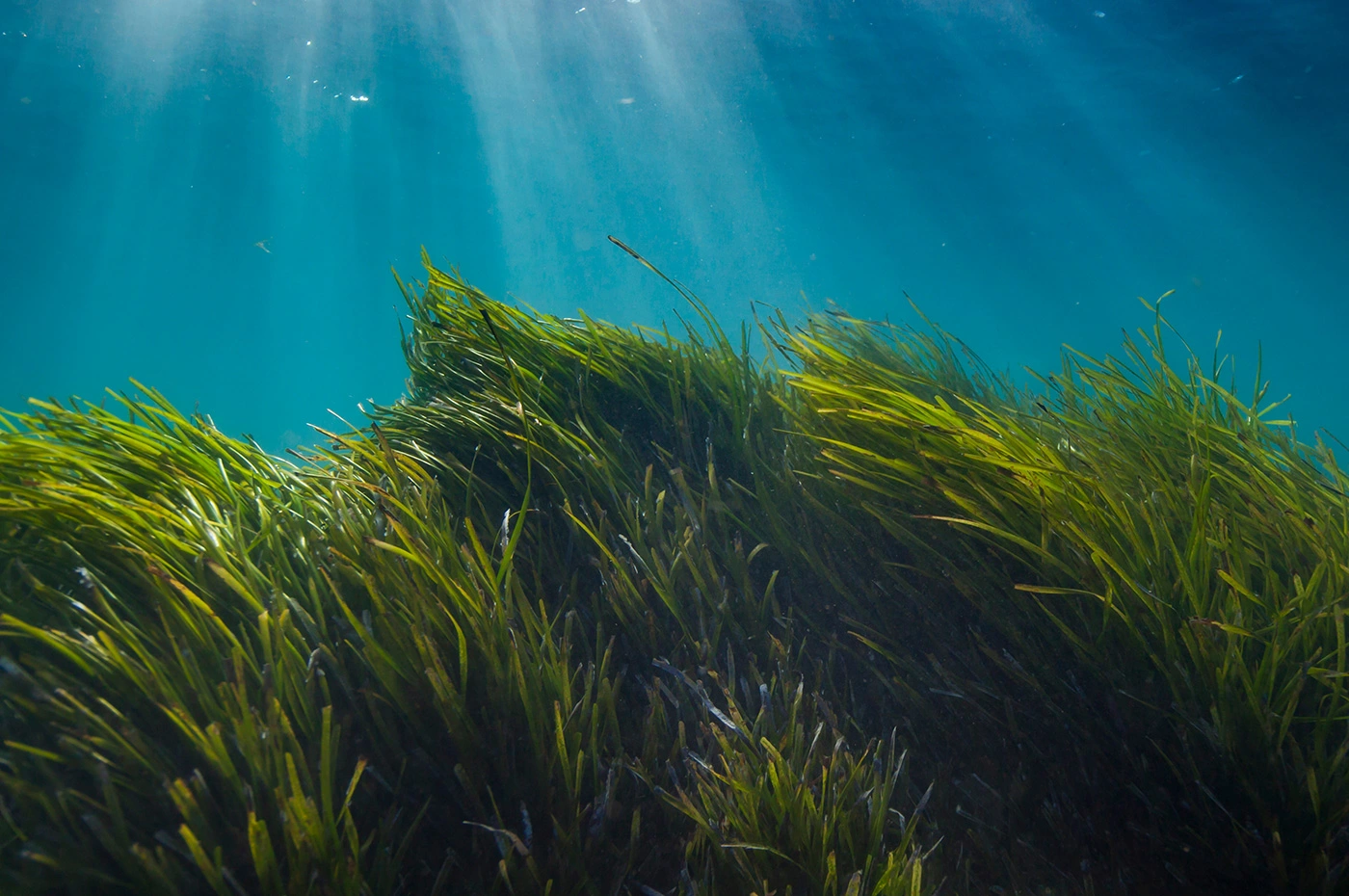
What is the Nature Restoration Law?
The Nature Restoration Law is a European regulation approved in 2024, aiming to ensure the necessary actions and initiatives to repair damaged ecosystems and…
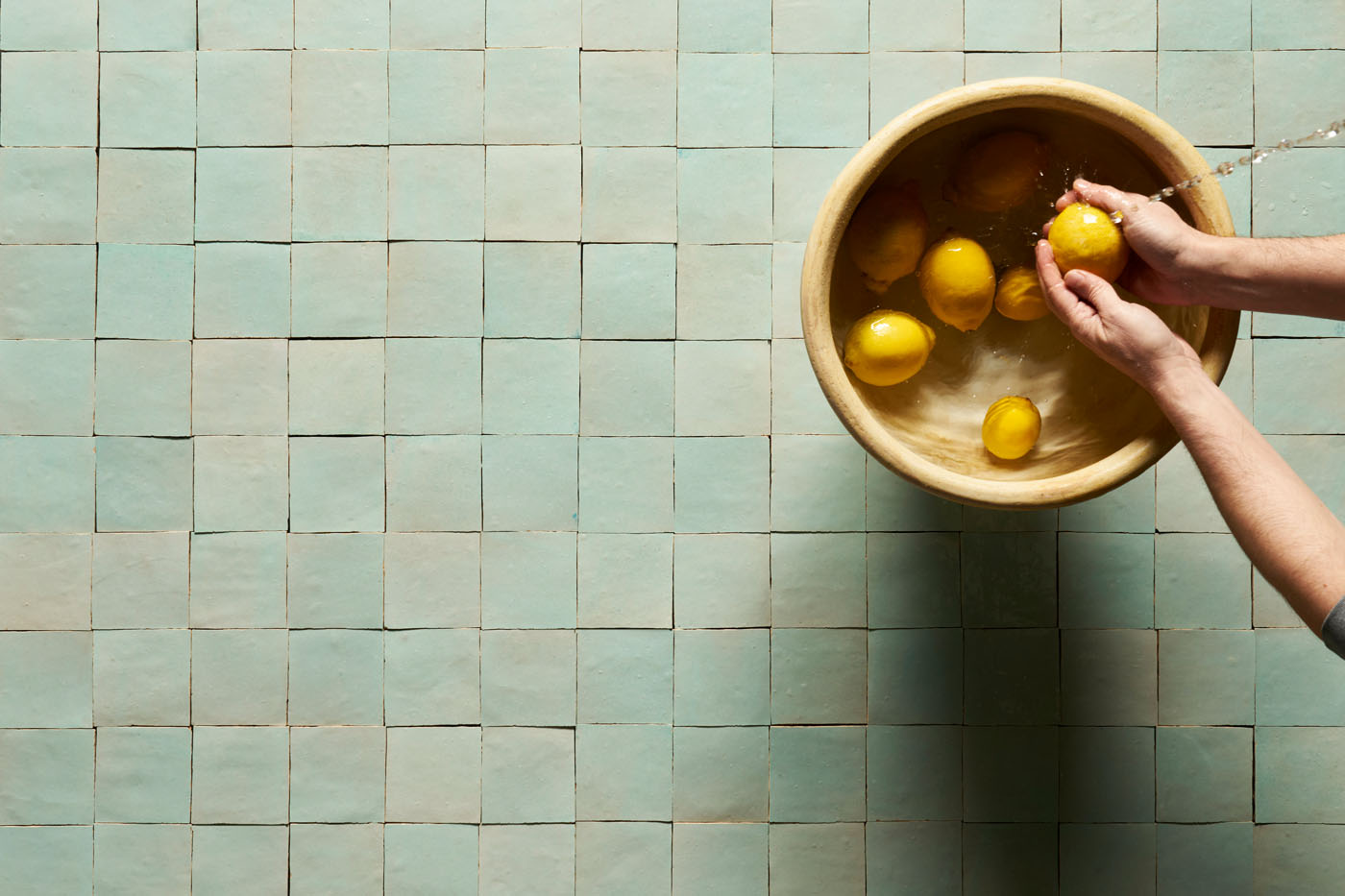
Acequias or irrigation ditches: an ancient knowledge making its comeback
“Acequias” (ditches) are one of the oldest existing systems of channeling and use of water. In the Iberian Peninsula we know them well: the…
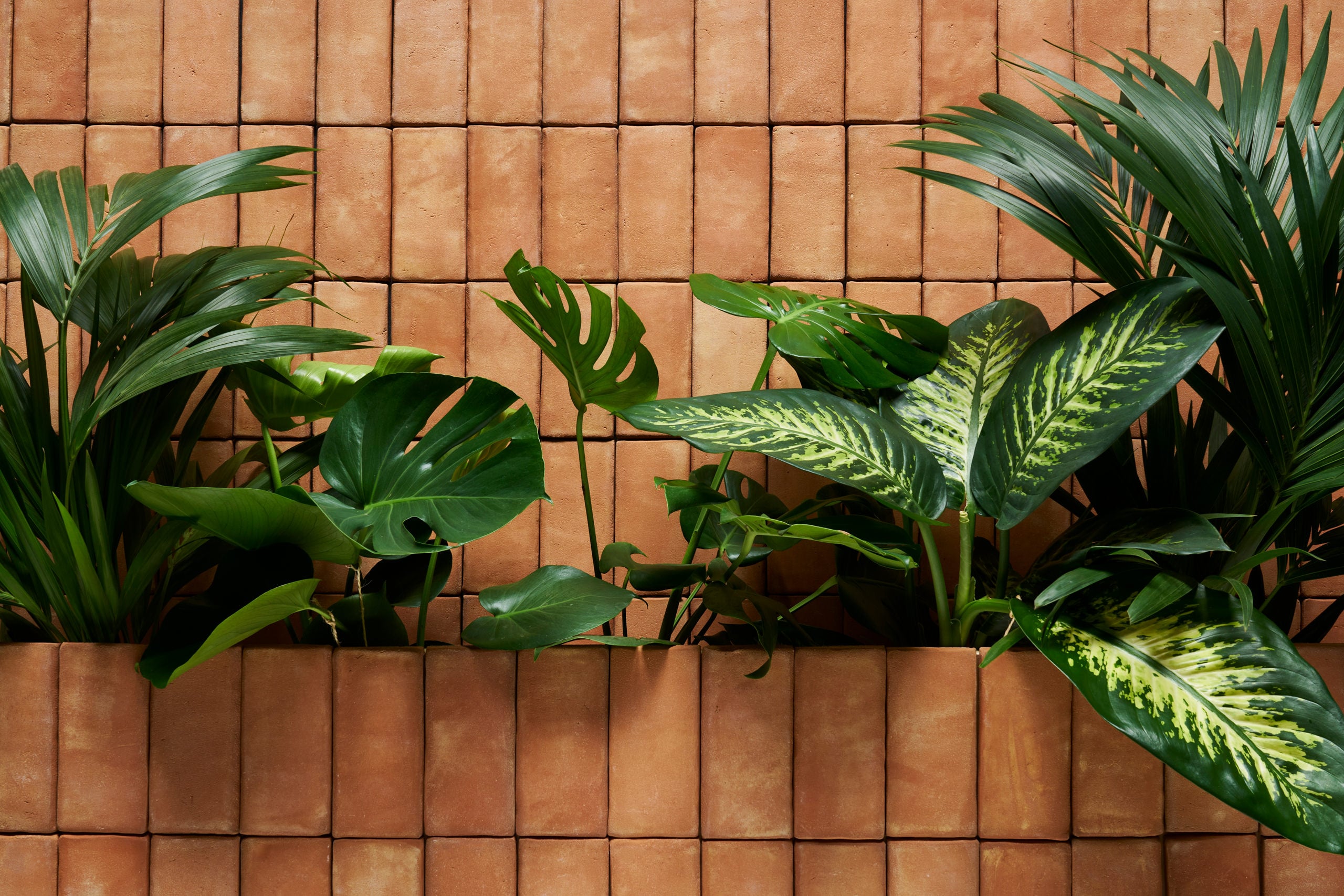
What is a compensatory measure?
By definition, a compensatory measure is an action aimed to restore or repair de negative environmental impact of any give activity -usually of a…
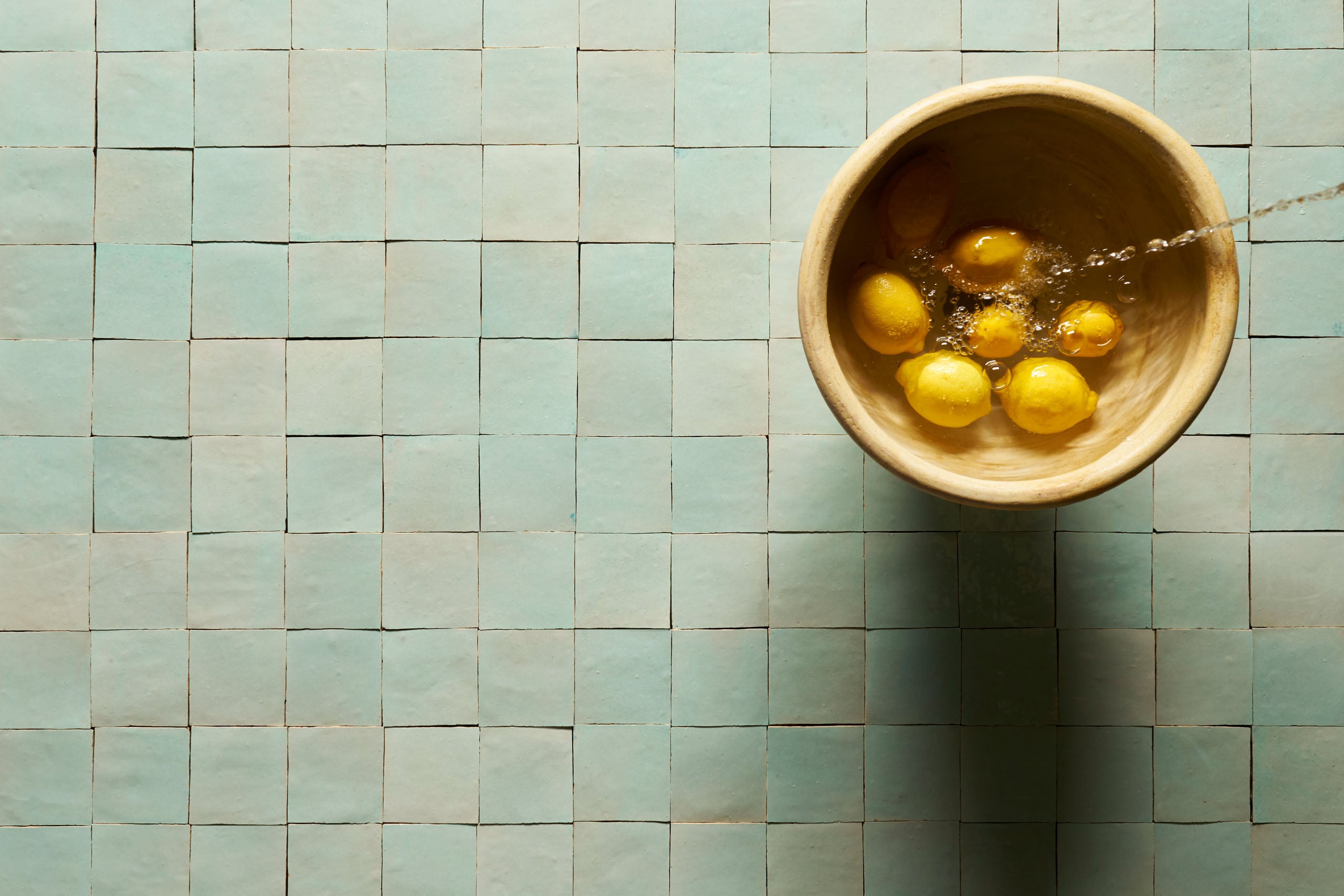
What are Zellige tiles?
The word zellige means ‘polished stone’ in Arabic. It refers to a type of traditional tile and mosaic technique characteristic of Morocco and the…



